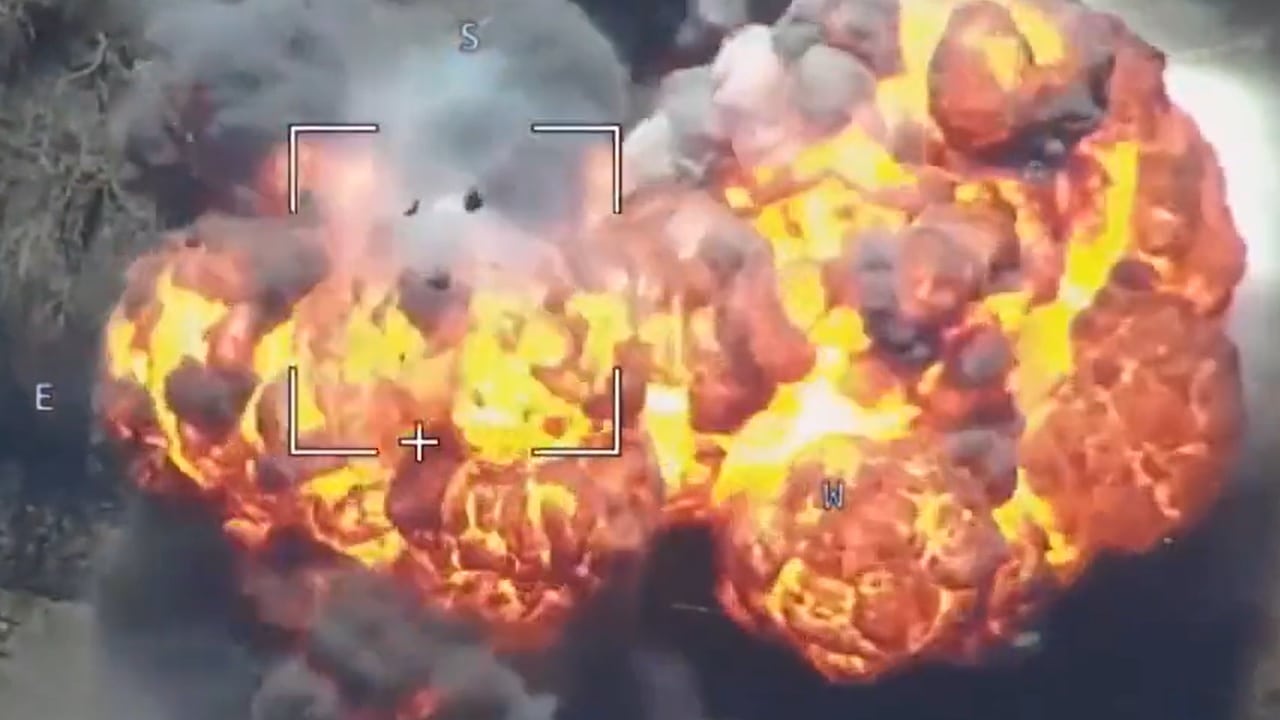Russian President Vladimir Putin’s “special military operation” in Ukraine doesn’t seem to have an end in sight.
When the Kremlin launched its full-scale invasion of Ukraine almost 19 months ago, the Russian military expected a short campaign lasting between three days and two weeks.
That was a rather shortsighted assessment, and the Russian society has had to adjust to the realities of a protracted war.
A Society in War Footing
One way Russian society has been adjusting to a long-term Ukraine conflict is by turning increasingly warlike. A few days ago, the Russian new school year began with a new military curriculum.
The new program also teaches senior students basic military skills, including marksmanship, grenade operations, and combat first aid.
In addition, it includes a biased history of the conflict in Ukraine and what led to the invasion. In the months leading up to the conflict, the Kremlin started promoting its own version of history that considers Russia and Ukraine to be one country. Some of the topics include the invasion and annexation of the Crimean Peninsula as well as the February 24, 2022, invasion of the rest of Ukraine.
“The new curriculum serves three objectives: to indoctrinate students with the Kremlin rationale for the ‘Special Military Operation’, instil students with a martial mindset, and reduce training timelines for onwards mobilisation and deployment,” the British Military Intelligence assessed in its most recent estimate on the war.
Putin personally introduced the new curriculum in an open lesson with 30 children and is likely one of the main drivers behind this indoctrination effort. The Kremlin looks ready for a long-term campaign that can last years.
A core element in the new school program is unmanned aerial systems operations. The war in Ukraine is the first conflict in which drones are used on a large scale by both sides. Through the curriculum, Moscow is looking to condition its workforce on drone operations.
“The introduction of UAV operations indicates their evolving importance on the battlefield and the lessons learnt about these systems directly from the conflict in Ukraine,” the British Military Intelligence stated.
The Ukrainian Plight
On the opposite side of the conflict, the Ukrainians are still struggling to deal with the devastation the war has brought to their country. The fighting and the physical damage, after all, are taking place in Ukraine and not Russia—the recent drone attacks inside Russia are too few and of such a small scale that they don’t really affect the ordinary Russian.
Millions of Ukrainians have been displaced within their own country or have had to become refugees in nearby European countries.
Meanwhile, Russia continues its genocide in Ukraine by abducting and “Russifying” Ukrainian children. According to the assessment of the British Military Intelligence, the Russian authorities are currently detaining more than 11,000 Ukrainian children at 43 re-education camps across the country and thousands of miles away from their homes in Ukraine. These children have little hope of seeing their families even if the war ends.
A 19FortyFive Defense and National Security Columnist, Stavros Atlamazoglou is a seasoned defense journalist specializing in special operations and a Hellenic Army veteran (national service with the 575th Marine Battalion and Army HQ). He holds a BA from the Johns Hopkins University, an MA from the Johns Hopkins’ School of Advanced International Studies (SAIS), and is pursuing a J.D. at Boston College Law School. His work has been featured in Business Insider, Sandboxx, and SOFREP.

